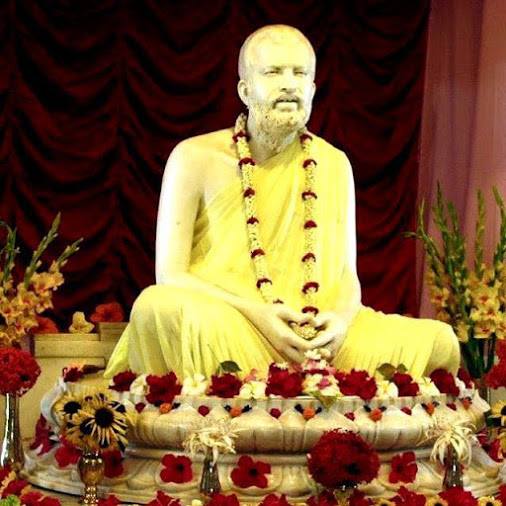The Benefits and Limitations of Psychological Self-Analysis & Self-Observation :
Throughout the ages, there have been sages and wise men who have counseled us to “know thyself”. Sri Aurobindo observes: “The Upanishad tells us that the Self-existent has so set the doors of the soul that they turn outwards and most men look outward into the appearances of things; only the rare soul that is ripe for a calm thought and steady wisdom turns its eye inward, sees the Self and attains to immortality. To this turning of the eye inward psychological self-observation and analysis is a great and effective introduction. We can look into the inward of ourselves more easily than we can look into the inward of things external to us because there, in things outside us, we are in the first place embarrassed by the form and secondly, we have no natural previous experience of that in them which is other than their physical substance.” The sage Ramana Maharshi spoke of this process as a focus on the concept “Who am I?” By systematically exploring, and deepening one’s understanding, the seeker can go beyond the outer definition of “who am I” to deeper and deeper levels of realization. “Self-knowledge of all kinds is on the straight path to the knowledge of the real Self.” To this extent the effort is not only worthwhile, but probably essential to the discovery of the Soul.
It must be pointed out, however, that this process is part of the “negative” pole of knowledge, the emptying out of our focus and predisposition to attend to the outer forces and forms, including those that operate our body-life and mind. They prepare the seeker for the deeper knowledge, but are not themselves able to achieve it. This requires the action of the “positive” pole of knowledge, through the achievement of states of awareness beyond the limits of mind-life-body. “…psychological self-knowledge is only the experience of the modes of the Self, it is not the realization of the Self in its pure being.”
Sri Aurobindo describes the next level of knowledge: “The status of knowledge, then, which Yoga envisages is not merely an intellectual conception or clear discrimination of the truth, nor is it an enlightened psychological experience of the modes of our being. It is a “realization,” in the full sense of the word; it is the making real to ourselves and in ourselves of the Self, the transcendent and universal Divine, and it is the subsequent impossibility of viewing the modes of being except in the light of that Self and in their true aspect as its flux of becoming under the psychological and physical conditions of our world-existence. This realization consists of three successive movements, internal vision, complete internal experience and identity.”
Sri Aurobindo





Comments
Post a Comment